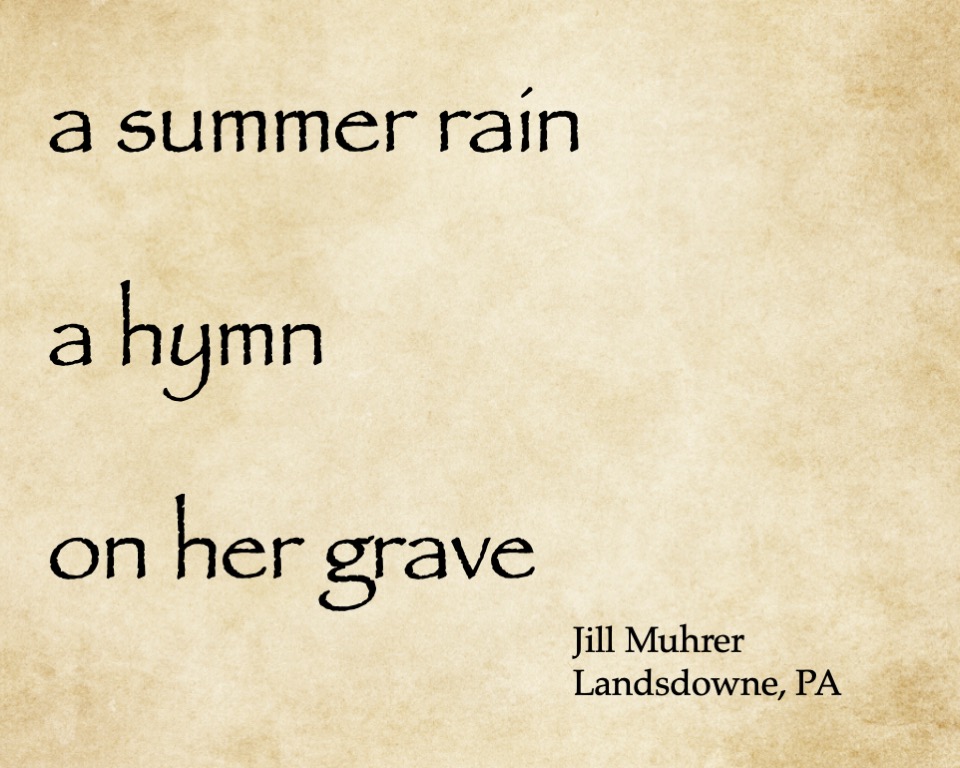Imposter Syndrome
According to a 2020 study, up to 82 percent of people experience imposter syndrome at some point in their lives. For some, the experience is fleeting; for others, it may hover in the background for a long time without ever being identified. That was the case with me.
Not many girls living in Pakistan get the opportunity to chase their ambitions as I have done. I was fortunate that my parents were more progressive than many: They always emphasized the importance of a woman’s financial independence and made sure I embraced every learning opportunity. When I decided to pursue medicine, though, they were hesitant, knowing that it would be a long, bumpy road.
Heat Advisory
“Heat advisory in effect 11 a.m. to 7 p.m.” The text from the city emergency alert system lit up my phone screen. A little while later, I saw a Facebook post from Denis Phillips, chief meteorologist for ABC News, telling Floridians this was only the second time in over 20 years that a heat advisory had been issued. I was scheduled to be the preceptor on a street medicine shift that night. My first reaction was regret at having signed up for an August “street run,” as we called it. My second was remembering that the run would be canceled without a preceptor—so, heat advisory or not, I knew I had to keep my commitment.
My Mother’s Keeper
It is a mitzvah to take care of your parents: “Honor thy father and thy mother.” And caring for people comes naturally to me. I’m a physician; this is what I do.
But when my father looked to me to cure my eighty-five-year-old mother’s dementia, saying, “You’re the doctor! Help her!” I knew he was asking too much.
And yet. How could I stand idly by while my mother’s mental acuity slowly drained away?
My Mother’s Keeper Read More »
Gold and Iron
They add colloidal gold
to glass, sometimes,
to make that ruby color. They heat it,
render it liquid and viscous, and
when it is just right,
the master glassblower blows into it,
Quenching Heat
In 2023, given the variety of bottled water(s) that are sold not only in grocery stores but also in hospital and medical school vending machines, it may be hard for some people to remember a time when water, packaged in plastic bottles, wasn’t a reality. Oh, there was Perrier, San Pellegrino, and a few other brands packaged in glass bottles. But it was only after the 1990-91 Persian Gulf War—the Middle East operations known as Desert Shield and Desert Storm—that water bottled in plastic found its place on supermarket shelves and began to be purchased by consumers worldwide.
Living in a Tub of Sweat
My husband is an air-conditioning contractor based in southeast Florida, where A/C is needed almost the whole year round. This summer has been particularly hot—the temperatures pushing everyone’s A/C units to their limits. He comes home soaked in sweat and arrived on the border of a heat stroke one day.
Living in a Tub of Sweat Read More »
It’s Just One Pill
When I was deciding what pediatric subspecialty to pursue, one mentor gave me this advice—think what common condition you wouldn’t mind seeing on a daily basis. As I considered various diagnoses, one stood out—iron-deficiency anemia, the backbone of pediatric primary hematology complaints. Indeed, during my fellowship in pediatric hematology-oncology, I’ve seen a plethora of patients with iron-deficiency anemia. The majority are adolescent females, iron deficient due to myriad causes, most often diet or abnormally heavy menstruation.
It’s Just One Pill Read More »
It Is What It Is
I am not a drinker—not of water, juice, coffee or tea, or alcohol. My children and physician constantly remind me of this unhealthy habit, stressing that my body needs fluids, especially water, to function properly. I hear them, but I do not listen. I have even ignored them these past several months when the temperatures have risen to the high eighties and often middle nineties.
Pills Can Be Dangerous
As a new nurse, I practiced the “Five Rs” of medication administration with religious devotion: right patient, right medication, right route, right dose and right time. Over the next thirty years, I gave thousands of pills to patients.
Early one morning, my fellow RN called out from within a patient’s hospital room, “Getting ready for medical transport, need some help!”
Peeking into the room, “What can I do?”
Tanya replied, “Get Mrs. Smith’s meds.”
Pills Can Be Dangerous Read More »






